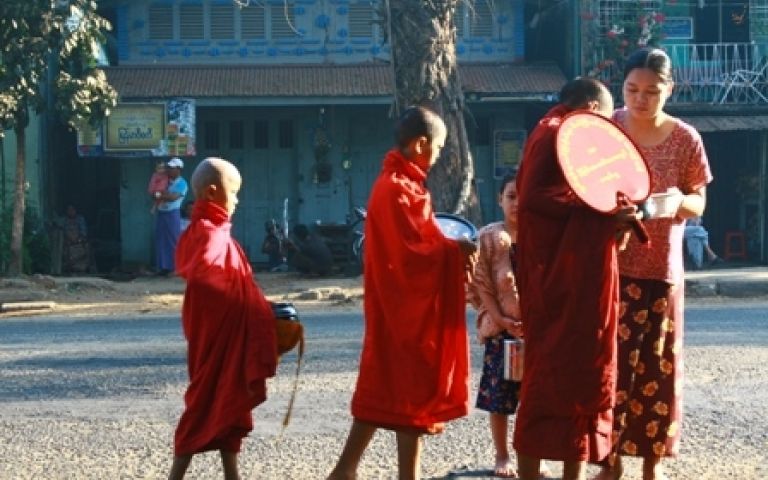Repressed and mismanaged by a cadre of generals since 1962, Burma erupted last September in the country's largest pro-democracy demonstrations in two decades. But when government troops opened fire into crowds of monks and students and detained thousands in nighttime raids, fear sent people into hiding and swept defiance from the streets.
Horrified by cell phone footage of the crackdown and the reports of Burmese bloggers, the world cried out for the restoration of democracy in this former British colony, blessed with a wealth of natural resources. But after a few visits from U.N. envoys and small gestures of dialogue with the democracy leader Aung San Suu Kyi, who remains under house arrest, the Burmese junta appears to have dodged a bullet. The ruling generals enjoy lives of prosperity as the rest of the country lives in squalor, where one in 10 do not have enough to eat, and a third of all children under five are malnourished.
Now, as a stifling status-quo grips the country anew, exiled activists say it is only a matter of time before the people of Burma rise up again. For inspiration they look to Aung San Suu Kyi, who won a landslide victory in the 1990 elections which the junta swiftly annulled. She has spent 12 of the last 18 years under house arrest. "There will be change," she still insists, "because all the military have are guns."
